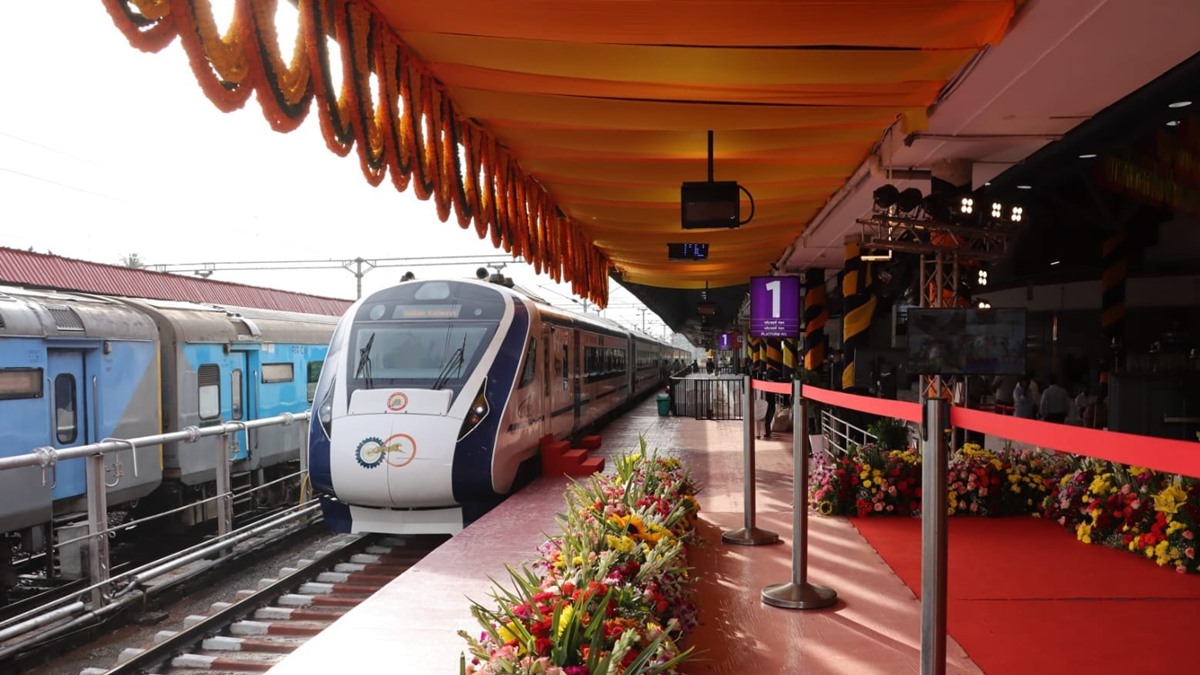Pak risks sliding to dictatorship in absence of good governance:Experts
Washington, May 1 : If they fail to deliver what was expected of them, namely good governance, security, law and order and basic necessities, Pakistan could slide back into the old "musical chairs routine" of civilian/military rule, experts have warned.
The new government in Pakistan will have to struggle a lot to combat terrorism, control the sharp rise in the prices of essential commodities and to maintain democracy, said noted South Asia expert Teresita Schaffer.
Schaffer, who was participating in a discussion organised by the Centre for Strategic and International Studies (CSIS) said change in Pakistan provides an opportunity to redress institutional weaknesses and effectively deal with both internal and external insurgencies that threaten the life of the nation.
"Those elected wished to distance themselves from the United States because they saw the war on terrorism as not theirs but America's war. Pakistan's problems had been made worse by US policy assumptions," she said, and hoped these challenges would be addressed by both sides successfully.
Glenn Cowan of Democracy International said that he had found no political will in Pakistan on the part of those in charge to undertake reform.
He described the Pakistani political parties as undemocratic and operating under a system that was feudal. Only candidates who could pay their way were awarded party tickets to run for public office. Only the Muttahida Qaumi Movement (MQM) practised internal party democracy, he added.
He was of the view that Pakistan would remain in turmoil unless these shortcomings were addressed.
Brian Katulis of the Centre for American Progress who made three trips to Pakistan in five months, said what Pakistan had today was a "historic window of opportunity".
While there had been irregularities during the February elections, the people wanted to move beyond them. President Pervez Musharraf's continued presence posed a problem. He felt that what Pakistan has today is a fractured National Assembly and a hung parliament. The national landscape itself is fractured.
"President Musharraf's future poses a major question. There is no accord on the judges' issue. People feel that Pakistan has been made to pay the price for America's "so-called war on terror," he said.
"The economic difficulties facing the people are huge. Then there is the challenge of dealing with terrorism and extremism. Pakistan also needs to deal with the question of balance of power between the president and the prime minister. It is a "complicated landscape," he added.
"There is a feeling of hope in Pakistan today and a sense of optimism. Support for democracy is to be found from one end of the country to another. The question is: Can the government perform and deliver? If the civilians are unable to do so, chances of another military intervention will remain high," said Gerald Hyman, Senior Advisor at CSIS and President of the Hill Programme on Governance.
The co-director of the CSIS Post-Conflict Reconstruction Project Karin von Hippel, who studied the situation in the Federally Administered Tribal Areas (FATA) during her visits to Pakistan, said that the violence in Pakistan was no longer confined to Waziristan. She said there was popular support for negotiating with the Pakistani component of the militants while isolating the "foreigners", reportedly made up of Arabs and Central Asians.
She pointed out that there was a good deal of confusion as to the agenda of the militants. The effort currently was to drive a wedge between different groups.
ANI


 Click it and Unblock the Notifications
Click it and Unblock the Notifications




